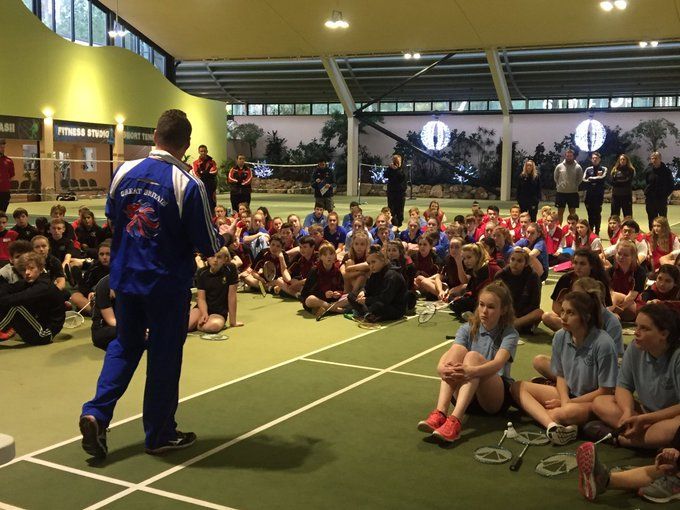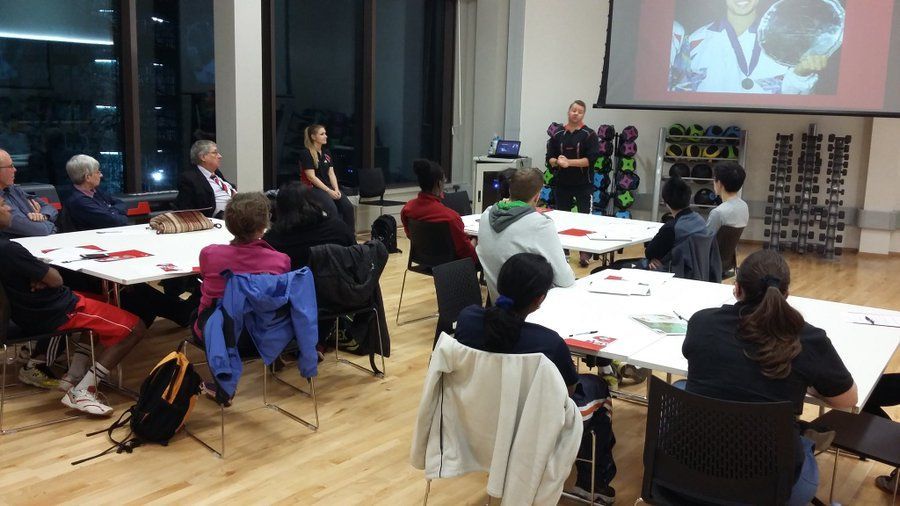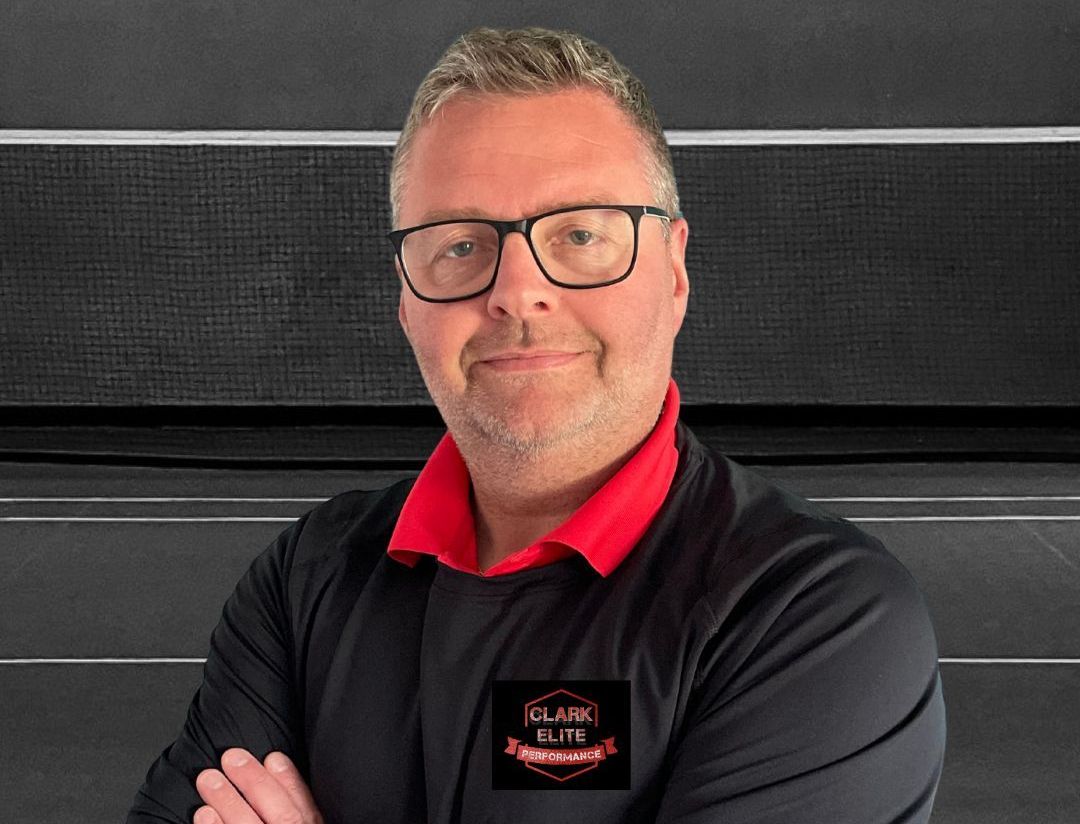The Importance of Coach Development :
Elevating Sport Through Knowledge and Mentorship
The best coaches are not just instructors - they are mentors, leaders, and lifelong students of their craft.


Throughout my career, both as an athlete and a coach, I have come to appreciate one fundamental truth: great athletes don’t just happen - they are developed by great coaches.
For 16 years, I competed as a professional badminton player, earning World, European, and Commonwealth medals, representing England 106 times, and captaining the national team for eight years. But when my playing career ended, my journey in sport didn’t. I transitioned into coaching, mentoring, and speaking, before becoming a national and Olympic coach for the last eight years. It was during this time that I truly began to understand the power of coach education and why it is so essential for the future of sport.
Coaching Is More Than Just Technical Knowledge
Many people assume that great players automatically become great coaches. But coaching is a skill in itself - one that requires continuous learning, development, and refinement. Being a coach isn’t just about knowing the game inside out; it’s about understanding people, motivating individuals, and creating environments where athletes can thrive.
In my experience, the best coaches are not just instructors - they are mentors, leaders, and lifelong students of their craft. They know how to adapt their coaching style to different personalities, how to manage pressure, and how to build confidence in their athletes. This kind of knowledge doesn’t come solely from experience; it comes from education, collaboration, and a commitment to growth.
Why Investing in Coach Education Matters
The impact of a coach goes beyond performance. We shape athletes not only as competitors but as people. That’s why investing in coach education is investing in the future of sport.
List of Services
-
When coaches are well-educated, they can:Item Link List Item 1
• Develop athletes more effectively – Understanding the science of training, mental resilience, and long-term athlete development ensures that athletes reach their full potential.
-
List Item 3Item Link List Item 3
• Create a positive sporting environment – Good coaching fosters confidence, discipline, and passion, helping athletes stay engaged in sport longer.
-
New List ItemItem Link
• Prevent burnout and injuries – Educated coaches are better equipped to balance training loads, manage recovery, and recognize signs of physical and mental fatigue.
-
New List ItemItem Link
• Pass on knowledge to future generations – Coaching is not just about the present; it’s about building a legacy of learning and continuous improvement.

The Role of Mentorship in Coach Development
Just as athletes need mentors, coaches do too. Early in my coaching journey, I learned that having experienced mentors accelerated my development far more than trial and error ever could. Learning from those who have walked the path before, sharing insights with peers, and constantly seeking new knowledge are the cornerstones of great coaching.
I have always been passionate about supporting and educating coaches because I know that better coaches create better athletes. Whether it’s through formal education programs, mentoring relationships, or simply open conversations about the challenges of coaching, we must continue to invest in those who guide, inspire, and develop the next generation of athletes.
A Call to Coaches
To every coach out there - whether you’re just starting or have decades of experience - never stop learning. Coaching is not just a profession; it’s a responsibility. Seek education, embrace mentorship, and be the kind of coach you wish you had when you were an athlete.
Because in the end, medals will be won and records will be broken, but the greatest legacy of a coach is not in the trophies their athletes earn - it’s in the lives they shape and the knowledge they pass on.






